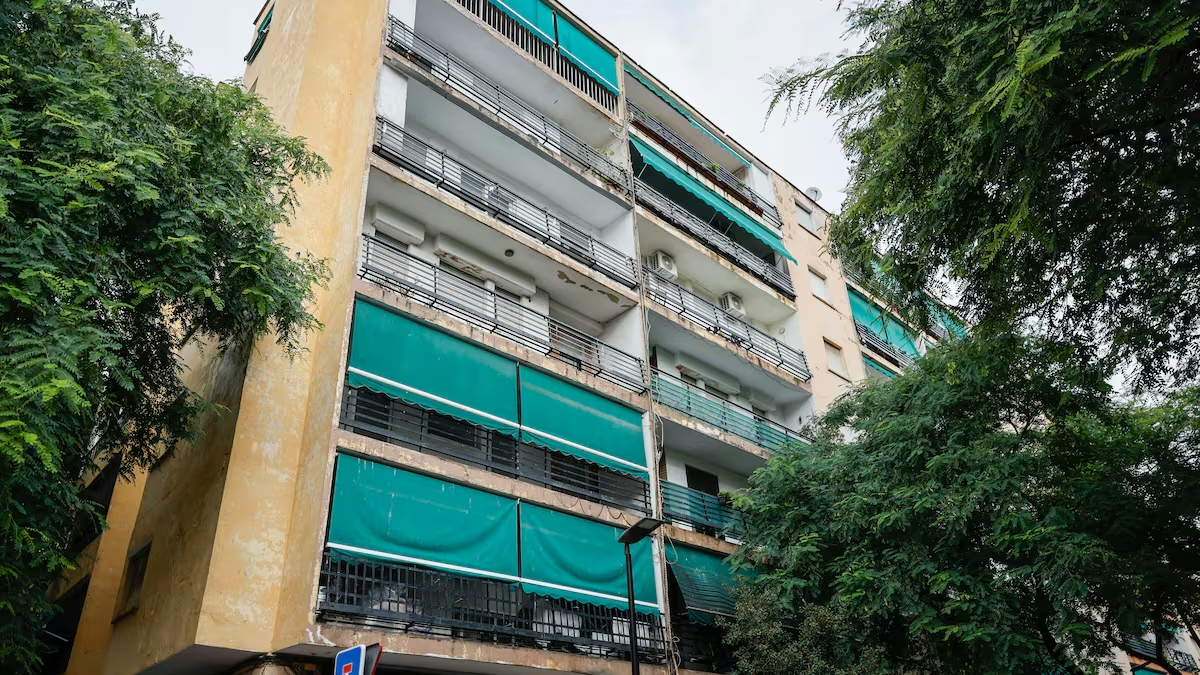The registered salaries a 3% on averageand they beat inflation, which was from 2.4% In that monthas reported by the Statistics and Census Institute (INDEC). Growth is due to 2.3% rises in the private sector – the only one that ended below the CPI- and 4.5% in the public sector.
Thus, in the last 12 months, the index of registered wages increased a 85.9% year -on -year, almost 20 points above the CPI (66.9%). However, They accumulate a loss of 4.9% purchasing power since the beginning of the government of Javier Mileiaccording to the measurement of Scopewhich is explained by the fall of public hosts.
Within the category of registered, the public salary continues to be the most beaten. Between November 2023 and February 2025 already lost 14.7% purchasing powerwhile private They achieved a lean recomposition of 0.2% In that period.
In the first bimester, the indicator of registered wages accumulated a rise of 4.9% Regarding prior December, also surpassing the inflation of the first bimester (4.7%). In terms of purchasing power, he recovered a 0.2%.
“During this management, the public salary was the most punished, but in February it showed a significant increase: it grew 4.5%, either above the CPI of 2.4% of that month, driven by the teaching parity,” said the economist of the Freedom and Progress Foundation, Julián Orué.
Informal wages
The informal wagesfor their part, they showed an increase in 7.9% in February. Although, it should be noted that this data has five months of lag, according to the statistical institute itself, so the increase would correspond to the month of September 2024.
“In that month, the real salary of informal workers was 1.2% below November 2023 and almost 34% below December 2017. However, from the floor recorded in March 2024, the informal salary showed an accumulated recovery of 21%,” explained the sociologist Daniel Schteingart.
For his part, Orué, from Fundación Libertad y Progreso, also stressed that the unregistered salary continues to grow “as usual” and emphasized that this increase “predicts that poverty data will show a reduction again.”
Minimum, vital and mobile salary: there was no agreement and went to an intermediate room
Despite this good news for informal wages, the meeting of the Minimum and mobile salary advice (SMVM), Meanwhile, it ended without agreement and went to an intermediate room, before positions facing unions and businessmen. “Employers argued that in June this year with $ 311,500 A worker should be able to access adequate food, decent housing, education, costumes, health care, transport and recreation, vacations and forecast (art. 116 LCT), “according to the economist Luis Campos.
The three workers unified criteria and asked for a SMVM for April $ 644,165 and $ 657,703 for Maywith an increase around 120%. Although, The business sector offered $ 301,500 for April, $ 306,500 for May and $ 311,500 for June, 4.9% increase. Given these positions so remote, it went to an intermediate room.
In that sense, Campos stressed that the fall of the SMVM is not the exclusive heritage of libertarian management, but loses against galloping inflation since 2011. “Against the peak of September 2011 the deterioration was 62%. If since then it had been updated by inflation, (the SMVM) today would be $ 737,216”, The specialist said.
“In the 90s, the SMVM represented 25% of an average salary in the formal economy. It reached 45% between 2006 and 2009. It currently does not explain even 20% of an average registered salary,” catapulted and said that it is “the insignificance of the SMVM as a state policy.”
Source: Ambito




